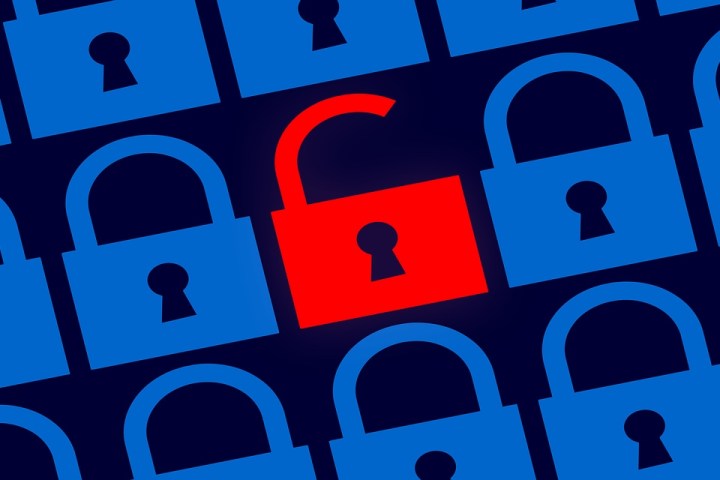LastPass, a popular password manager, has faced scrutiny over its security in recent years. Several data breaches and incidents have raised concerns about its safety. This article examines LastPass’s current security features, past incidents, and whether it’s a safe choice for managing your passwords.
 LastPass website on a laptop.
LastPass website on a laptop.
Understanding LastPass
LastPass is a password management application accessible via web, desktop, and mobile platforms, along with browser extensions. It boasts features like multifactor authentication, biometric login, autofill, a password generator, and dark web monitoring, in addition to basic password management functionalities.
 LastPass main webpage.
LastPass main webpage.
LastPass employs AES-256 data encryption, PBKDF2 hashing with SHA-256 salting, and a zero-knowledge model for security. It holds several security certifications, including ISO 27001, TRUSTe, and SOC3. With over 33 million users and estimated annual revenue of $143.7 million, LastPass appears to be a leading player in the password management market. However, its security history warrants further examination.
LastPass Security Incidents: A Timeline
Despite its robust security measures, LastPass has experienced several security incidents, raising legitimate concerns. Here’s a timeline of key events:
2011: Security Notification
LastPass detected unusual network traffic and database activity. While no specific breach was confirmed, users were advised to change their master passwords as a precautionary measure.
2015: Security Breach
LastPass confirmed suspicious activity on its network, compromising email addresses, password reminders, server per user salts, and authentication hashes. However, they claimed no evidence of user vault data being accessed.
2021: Third-Party Trackers and Master Password Concerns
Third-party trackers were discovered in the LastPass Android app. While LastPass claimed these trackers collected only limited aggregated statistical data, it raised privacy concerns. Later in 2021, reports emerged of compromised master passwords, though LastPass attributed this to bot activity.
 Cyber Security shattered concept.
Cyber Security shattered concept.
2022: Data Theft
A significant security breach involved the theft of a copy of the LastPass customer database, including password vaults and user data. Both encrypted and unencrypted data were compromised. This incident led to a series of investigations and updates from LastPass regarding access to customer information. In 2023, a link was established between this breach and the theft of over $35 million in cryptocurrency.
Evaluating LastPass’s Current Security
LastPass utilizes industry-standard encryption, PBKDF2 hashing with salting, and a zero-knowledge approach to protect user data. It conducts regular audits and testing and offers a Bug Bounty Program for security researchers.
 Locked and unlocked padlocks.
Locked and unlocked padlocks.
Is LastPass Safe to Use?
LastPass offers strong security features and a comprehensive feature set. However, its history of security incidents is a significant factor to consider. Ultimately, the decision of whether or not to use LastPass depends on your individual risk tolerance and trust in the company’s ability to maintain security. Alternative password management solutions with cleaner security records are available. Carefully weigh the pros and cons before making a decision.











